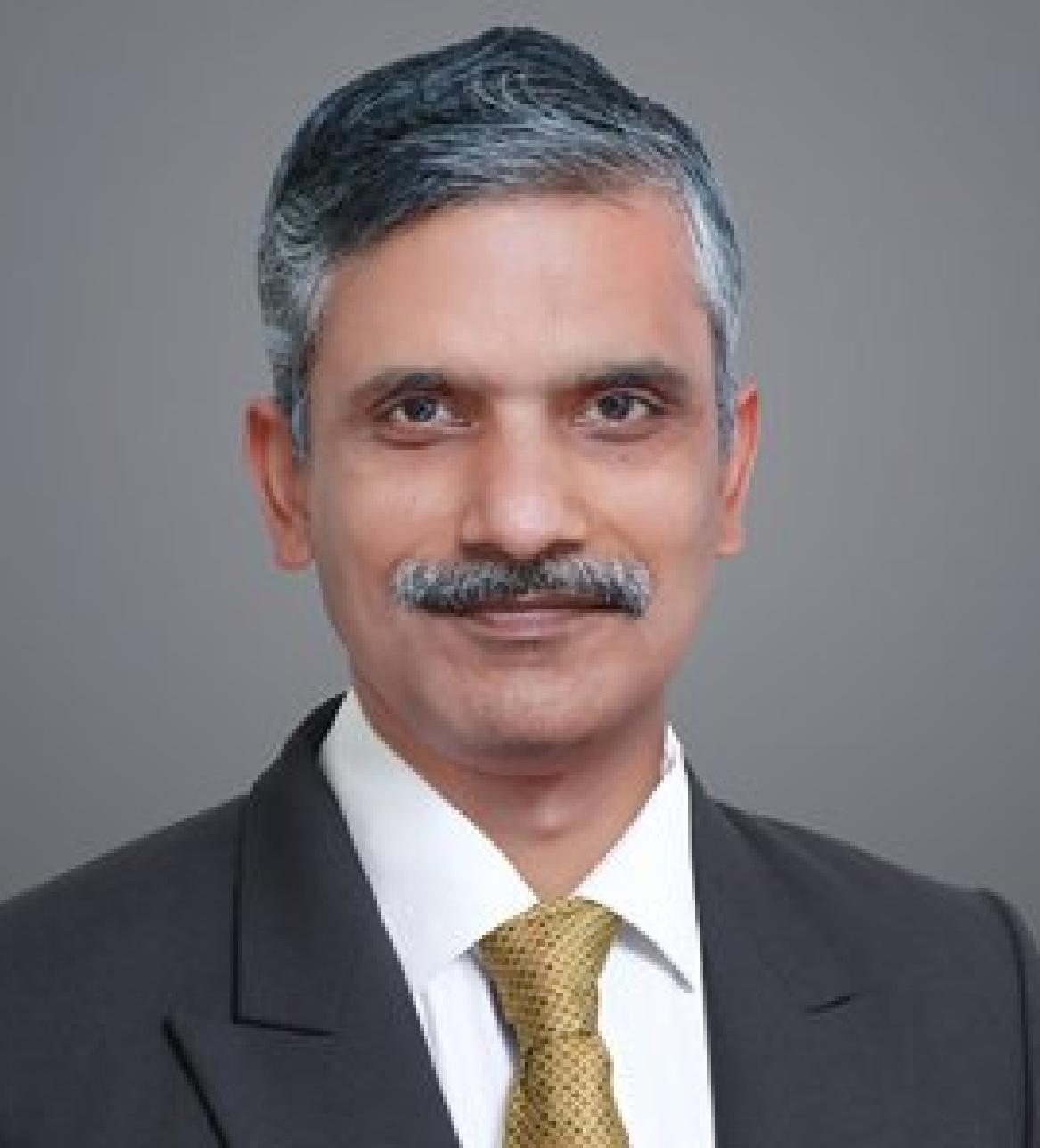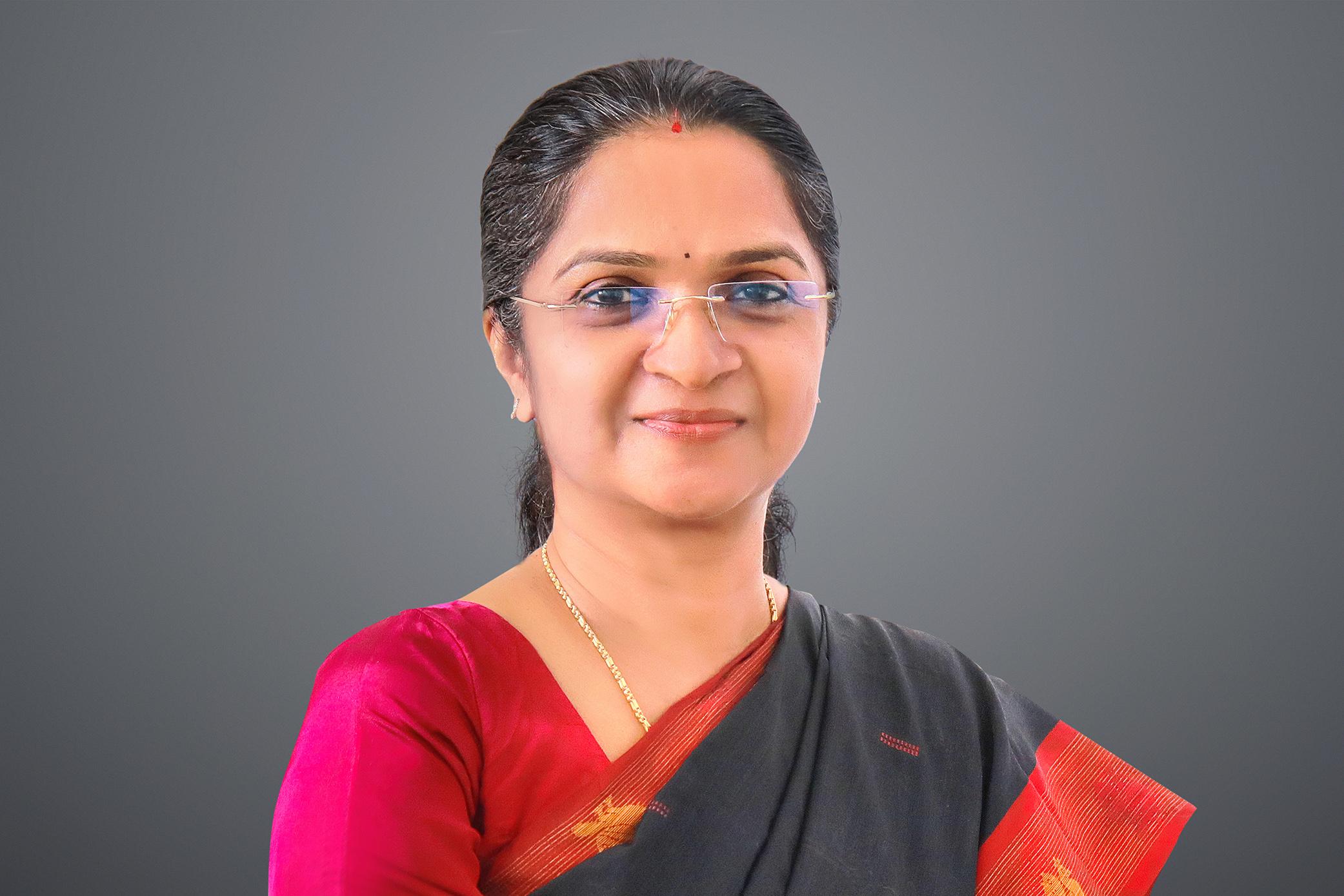Overview
The department of pain and palliative medicine at Amrita Hospital focuses on the quality of life and addresses physical, psychological, social and spiritual aspects of suffering.
Features
- Improving quality of life
- Rehabilitation for the patients and their relatives
- Offer support to other members in the family
- Chronic cancer pain management
- Chronic pain management
Our Services
Out-Patient Services
Utilising a team of committed palliative care physicians, nurses, social workers and office staff, we provide care to patients with:
- Cancer: pain, symptom and supportive management.
- Chronic pain: includes patients mainly with chronic pain (pancreatitis, peripheral vascular disease, low backache, fibromyalgia, myofascial pain syndromes, post-herpetic neuralgia etc.)
- Lymphoedema: both cancerous and non-cancerous origin
- Advanced, non-responsive and debilitating diseases like chronic cerebrovascular accidents, HIV infection, end-stage systemic diseases (heart diseases, renal disease, liver disease), etc.
In-Patient Care
- In-patient care is provided for patients when symptoms like pain, nausea, vomiting, constipation, intestinal obstruction, breathlessness, insomnia, delirium, convulsions, bedsores, etc., that are difficult to control on out-patient basis.
- Empowerment of the family members in various aspects of patient care like skin care, mouth care, bedsore care, etc., is undertaken to make them self-reliant and confident. We encourage them to be actively involved in the care for their loved ones.
- In-patient service includes end of life care, one of the components of palliative care. Our palliative medicine department liaisons with the intensive care units to provide better end of life care in an attempt to provide ‘A Good Death’ in the presence of their loved ones. This facility is extended to patients of all specialties who are terminally ill.
Home Care
The very word ‘home care’ signifies the active total care provided at home to the patients and their families, who cannot approach the hospital for their treatment. Home care service is provided free of cost to all the deserving patients. Objectives are:
- To provide active total care to the patient and family at home
- To improve quality of life for the patients and their families
- To set forth a team effort (by empowering the family) in the care of patients
- To provide rehabilitation for the patients and their relatives
- To help patients live and die with the highest possible quality at home
- To provide bereavement support to the family after the death of the patient
The concept of home care was adopted by Amrita Hospital in January 2001. It is provided for deserving patients who reside within a radial distance of forty kilometres from the hospital.
Minor procedures like ascitic tapping, urinary catheterization and bladder wash, wound debridement, nasogastric intubation, enemas and rectal evacuation, sponge bath, skin care, mouth care, bowel care, tracheostomy care, intravenous and subcutaneous infusions and injections, bedsore management, lymphoedema management, trigger point injections, etc. are done by the team at home.
Beneficiaries
- Those patients who require care at home and those who cannot travel, which includes both cancer and non-cancer patients (mainly geriatric patients).
- We have specially trained palliative care nurses to provide patient tailored lymphoedema care. The majority of patients can be treated successfully with conservative measures.
Interventional Pain Management
The interventions available for pain relief include:
- Stellate ganglion block
- Coeliac plexus block
- Hypogastric nerve block
- Chemical lumbar sympathectomy
- Intercostal nerve block
- Continuous epidural analgesia
- Epidural neurolysis
- Epidural steroid injections
- Trans-cutaneous nerve stimulation
- Trigger point injections
- Facet joint injections
- Sacro-iliac joint infiltration
- Post-operative epidural analgesia
- Splanchnic nerve block
- Spinal subarachanoid neurolysis
- Single nerve block
- Paravertebral nerve block
- Intra articular steroids
- Ascitic fluid tapping
- Pleural fluid tapping
- IV Morphine trial
- IV Lignocaine trial
Post-Operative Pain Relief
We work in partnership with surgical departments for the management of postoperative pain.
Additionally
- Wound healing is faster
- Patients are able to get back to their normal lives earlier
- The postoperative hospital stay is reduced to nearly half
- Ensures better bed utilization and faster turn over
- Enables the patients to get mobilized early
Disorders Treated
- Post herpetic neuralgia
- Diabetic neuropathy
- Trigeminal neuralgia
- Myofascial pain syndrome
- Fibromyalgia
- Chronic migraine
- Central pain syndromes
- Chronic back pain
- Cancer pain and symptoms
- HIV infection and related issues
- Failed back syndrome
- Cervical spondylosis
- Peripheral vascular disease
- Lymphoedema
- Advanced systemic diseases
- Post-operative pain
- Pancreatic pain
- Procedure related pain
- Paediatric pain
Specialty Clinics
- Pain Clinic– Daily
- Palliative Care Clinic – Daily
- Lymphoedema Clinic – Daily
- Home Care – Five days a week (Monday to Friday)
Contact
Emergency Contact
Phone: 0484 - 2853012, 0484 - 6683012
Email: palliation@aims.amrita.edu
Overview
The department of pain and palliative medicine at Amrita Hospital focuses on the quality of life and addresses physical, psychological, social and spiritual aspects of suffering.
Features
- Improving quality of life
- Rehabilitation for the patients and their relatives
- Offer support to other members in the family
- Chronic cancer pain management
- Chronic pain management
Our Services
Out-Patient Services
Utilising a team of committed palliative care physicians, nurses, social workers and office staff, we provide care to patients with:
- Cancer: pain, symptom and supportive management.
- Chronic pain: includes patients mainly with chronic pain (pancreatitis, peripheral vascular disease, low backache, fibromyalgia, myofascial pain syndromes, post-herpetic neuralgia etc.)
- Lymphoedema: both cancerous and non-cancerous origin
- Advanced, non-responsive and debilitating diseases like chronic cerebrovascular accidents, HIV infection, end-stage systemic diseases (heart diseases, renal disease, liver disease), etc.
In-Patient Care
- In-patient care is provided for patients when symptoms like pain, nausea, vomiting, constipation, intestinal obstruction, breathlessness, insomnia, delirium, convulsions, bedsores, etc., that are difficult to control on out-patient basis.
- Empowerment of the family members in various aspects of patient care like skin care, mouth care, bedsore care, etc., is undertaken to make them self-reliant and confident. We encourage them to be actively involved in the care for their loved ones.
- In-patient service includes end of life care, one of the components of palliative care. Our palliative medicine department liaisons with the intensive care units to provide better end of life care in an attempt to provide ‘A Good Death’ in the presence of their loved ones. This facility is extended to patients of all specialties who are terminally ill.
Home Care
The very word ‘home care’ signifies the active total care provided at home to the patients and their families, who cannot approach the hospital for their treatment. Home care service is provided free of cost to all the deserving patients. Objectives are:
- To provide active total care to the patient and family at home
- To improve quality of life for the patients and their families
- To set forth a team effort (by empowering the family) in the care of patients
- To provide rehabilitation for the patients and their relatives
- To help patients live and die with the highest possible quality at home
- To provide bereavement support to the family after the death of the patient
The concept of home care was adopted by Amrita Hospital in January 2001. It is provided for deserving patients who reside within a radial distance of forty kilometres from the hospital.
Minor procedures like ascitic tapping, urinary catheterization and bladder wash, wound debridement, nasogastric intubation, enemas and rectal evacuation, sponge bath, skin care, mouth care, bowel care, tracheostomy care, intravenous and subcutaneous infusions and injections, bedsore management, lymphoedema management, trigger point injections, etc. are done by the team at home.
Beneficiaries
- Those patients who require care at home and those who cannot travel, which includes both cancer and non-cancer patients (mainly geriatric patients).
- We have specially trained palliative care nurses to provide patient tailored lymphoedema care. The majority of patients can be treated successfully with conservative measures.
Interventional Pain Management
The interventions available for pain relief include:
- Stellate ganglion block
- Coeliac plexus block
- Hypogastric nerve block
- Chemical lumbar sympathectomy
- Intercostal nerve block
- Continuous epidural analgesia
- Epidural neurolysis
- Epidural steroid injections
- Trans-cutaneous nerve stimulation
- Trigger point injections
- Facet joint injections
- Sacro-iliac joint infiltration
- Post-operative epidural analgesia
- Splanchnic nerve block
- Spinal subarachanoid neurolysis
- Single nerve block
- Paravertebral nerve block
- Intra articular steroids
- Ascitic fluid tapping
- Pleural fluid tapping
- IV Morphine trial
- IV Lignocaine trial
Post-Operative Pain Relief
We work in partnership with surgical departments for the management of postoperative pain.
Additionally
- Wound healing is faster
- Patients are able to get back to their normal lives earlier
- The postoperative hospital stay is reduced to nearly half
- Ensures better bed utilization and faster turn over
- Enables the patients to get mobilized early
Disorders Treated
- Post herpetic neuralgia
- Diabetic neuropathy
- Trigeminal neuralgia
- Myofascial pain syndrome
- Fibromyalgia
- Chronic migraine
- Central pain syndromes
- Chronic back pain
- Cancer pain and symptoms
- HIV infection and related issues
- Failed back syndrome
- Cervical spondylosis
- Peripheral vascular disease
- Lymphoedema
- Advanced systemic diseases
- Post-operative pain
- Pancreatic pain
- Procedure related pain
- Paediatric pain
Specialty Clinics
- Pain Clinic– Daily
- Palliative Care Clinic – Daily
- Lymphoedema Clinic – Daily
- Home Care – Five days a week (Monday to Friday)
Contact
Emergency Contact
Phone: 0484 - 2853012, 0484 - 6683012
Email: palliation@aims.amrita.edu

